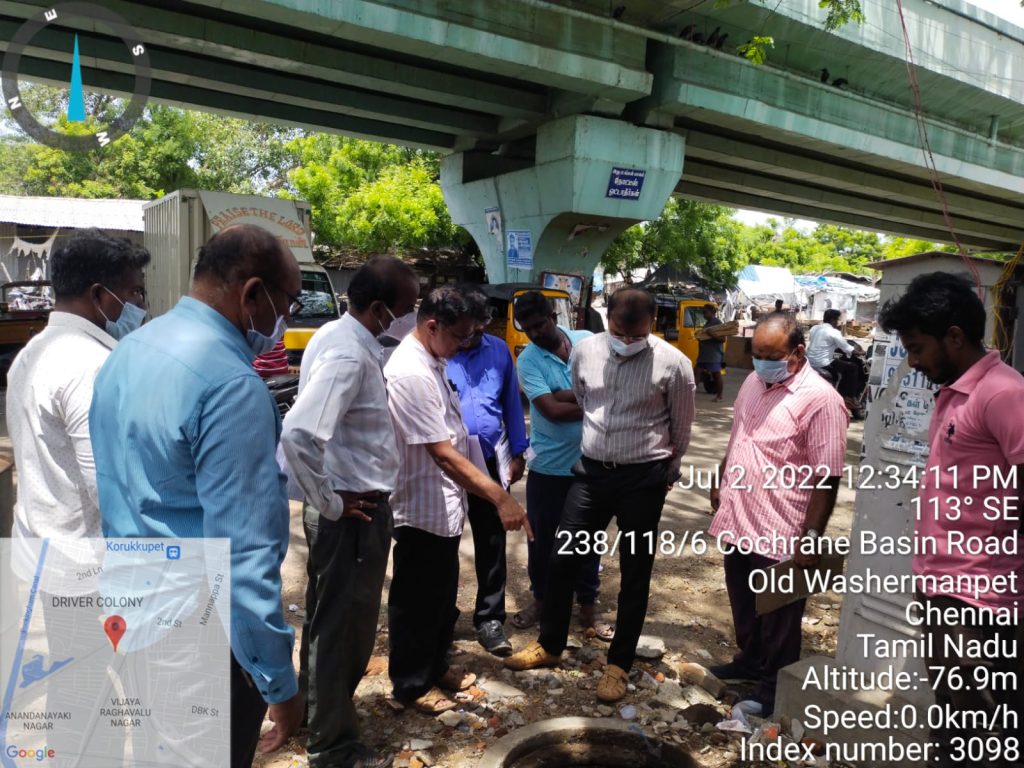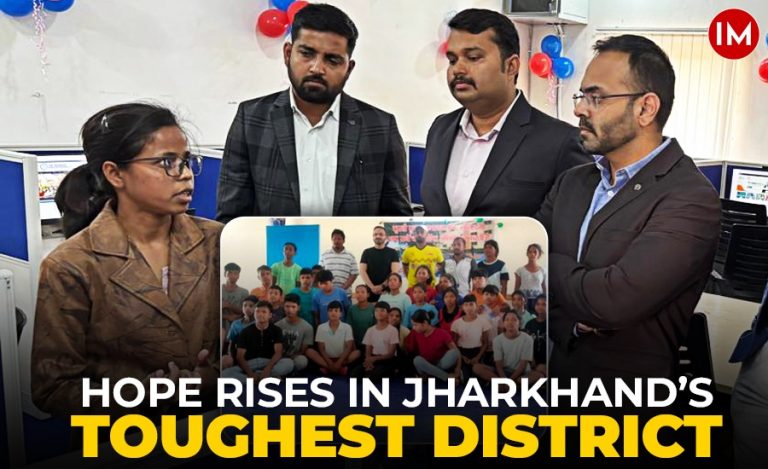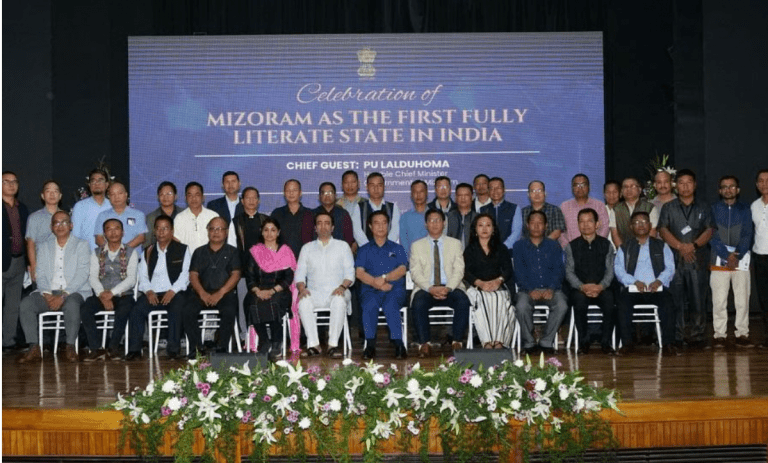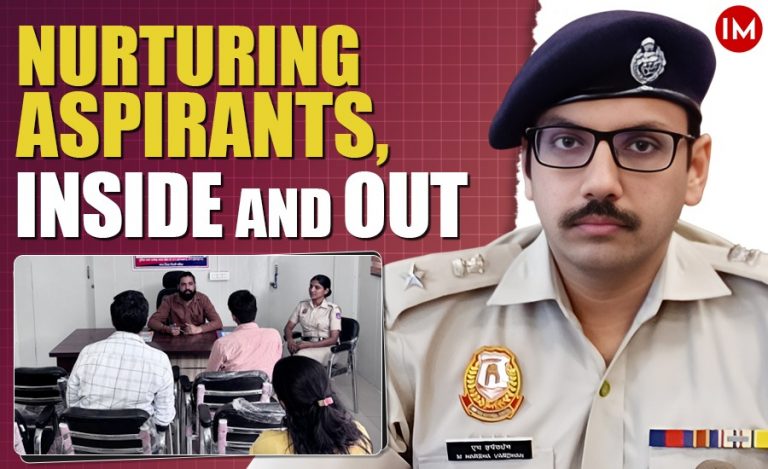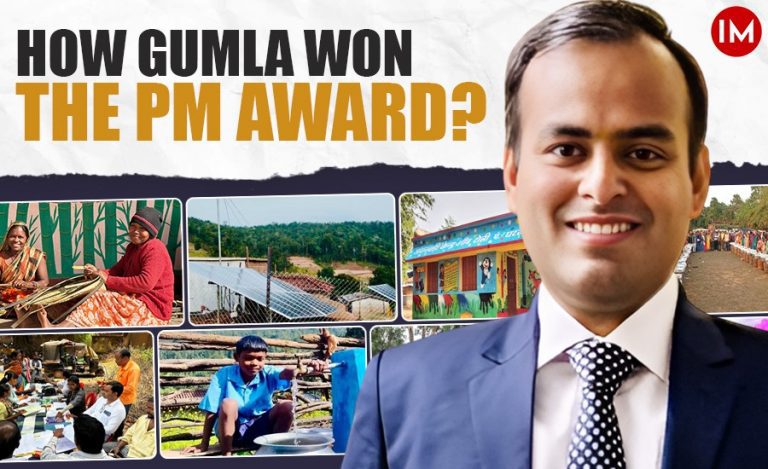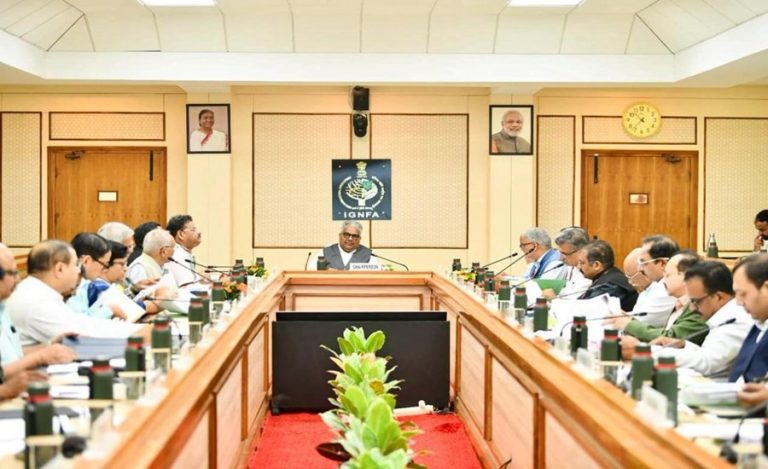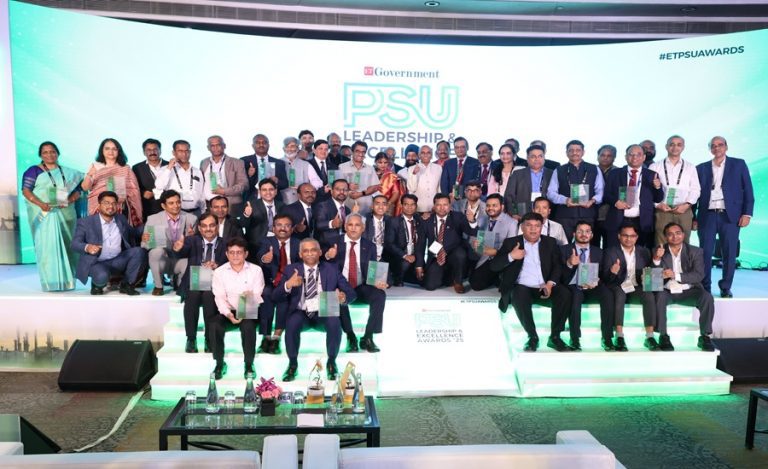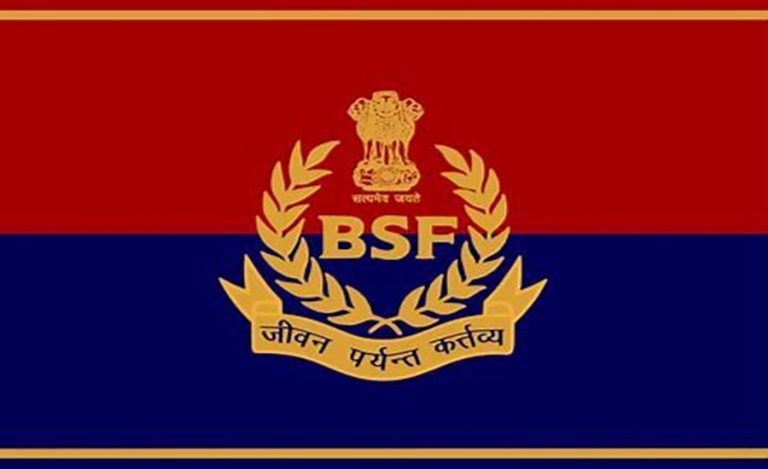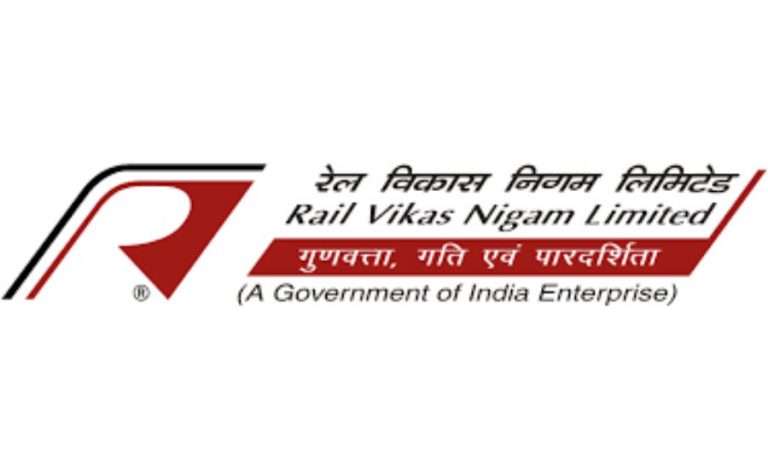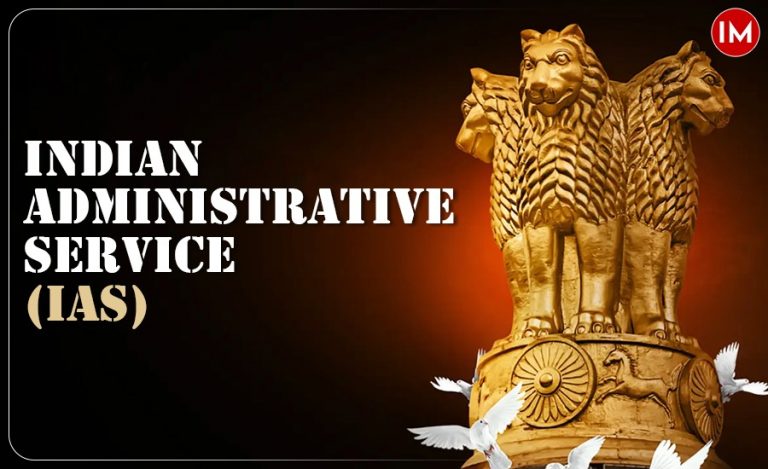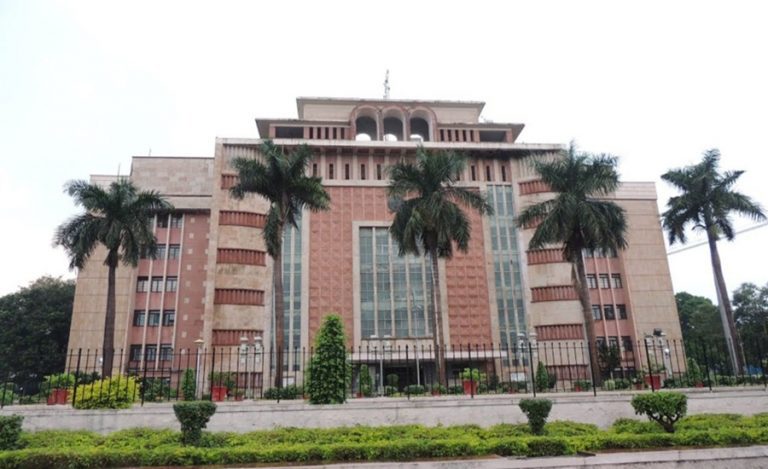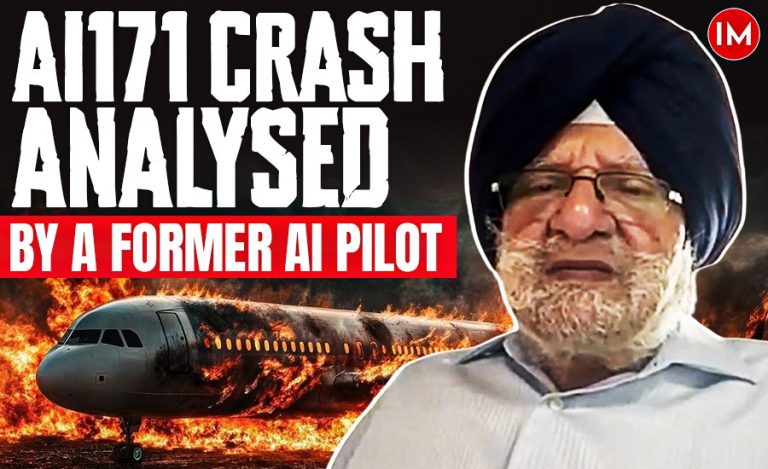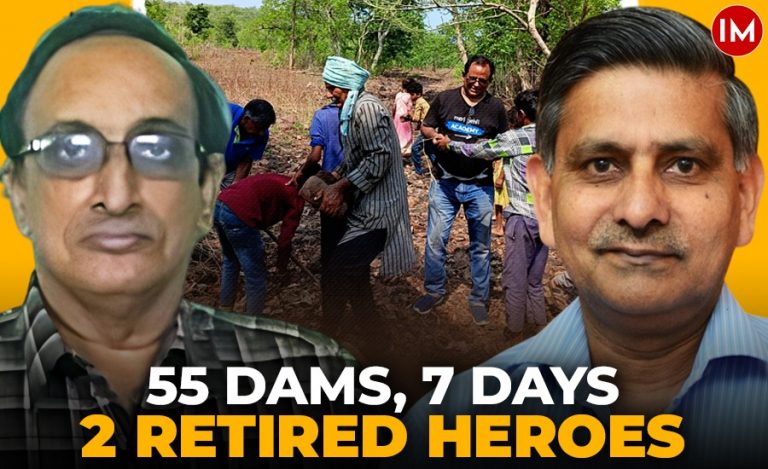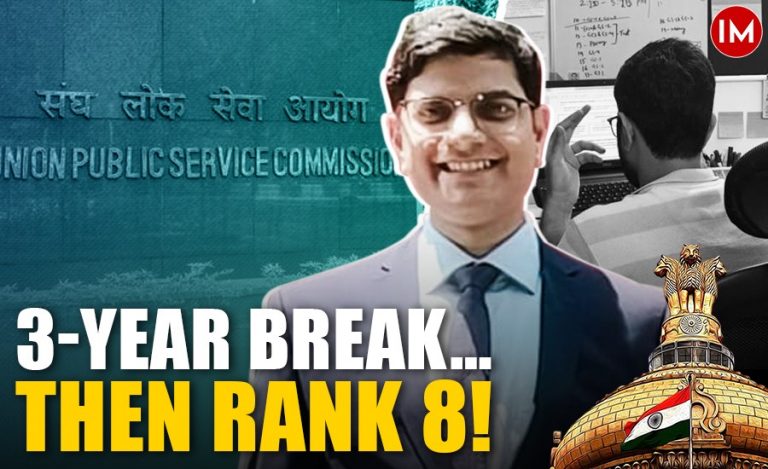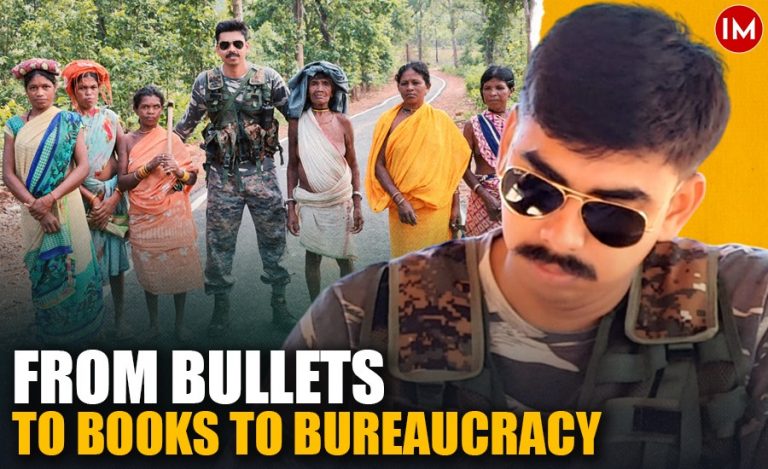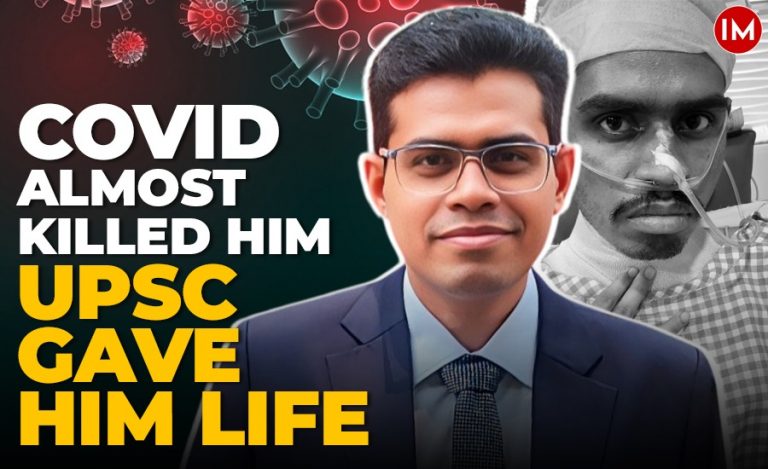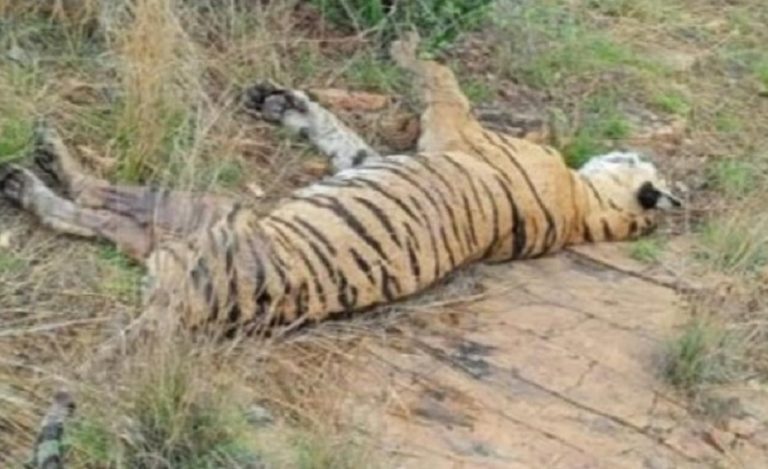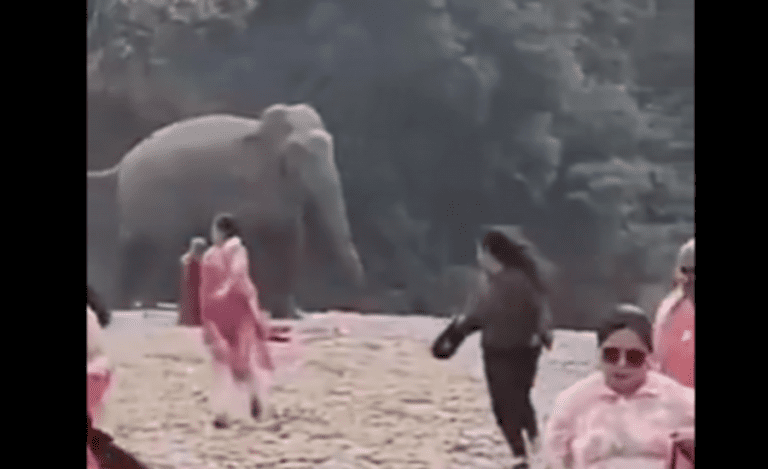The metropolitan city of Chennai gets flooded every monsoon and some of its streets get inundated even after a single spell. To avoid floods this year, the Tamil Nadu government has appointed 15 IAS officers to inspect the stormwater drainage work in the city.
These zonal monitoring officers will have to check the quality of work, whether safety measures are being followed and whether the work progress is in line with the stipulated deadline.
Indian Masterminds spoke with IAS officer TG Vinay, in charge of the Tondiarpet zone (Zone 4), to get more details.
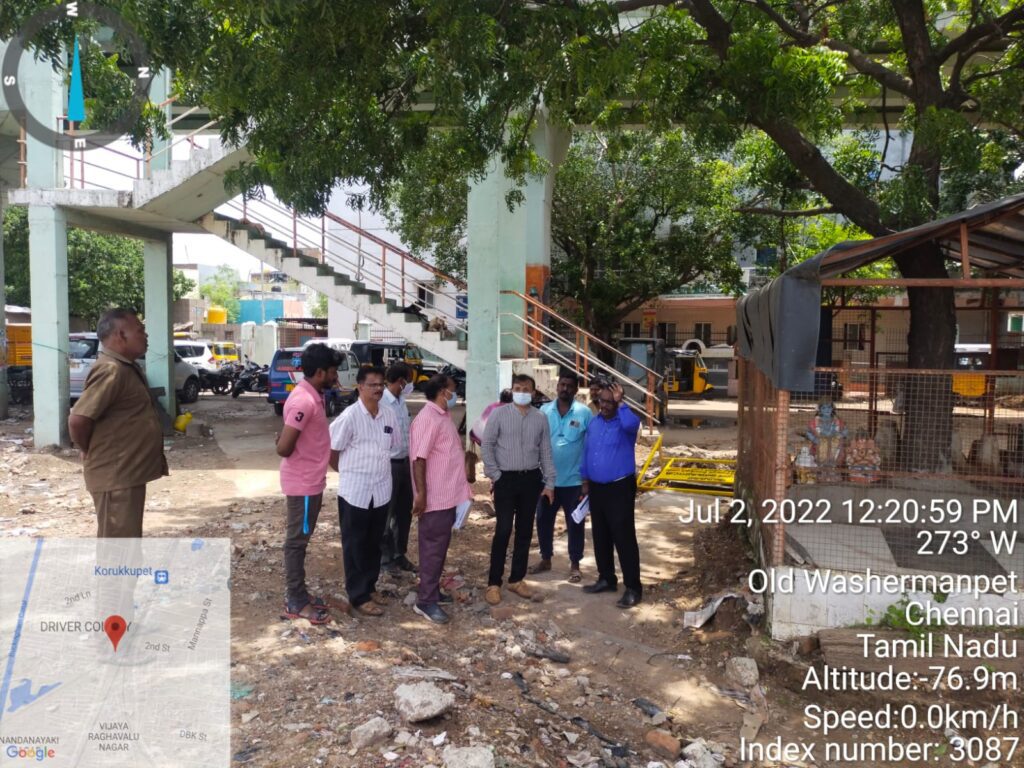
STORM WATER DRAIN WORK
Storm water drain work has been allotted under three schemes, namely Singara Chennai Phase 2, Missing Link funded by World Bank and Asian Development Bank, and Flood Relief Project. Under various projects, different lengths of stormwater drain work have been taken up and allotted to different contractors at different costs, which is being monitored by the 15 IAS officers appointed by the state government.
“In the ongoing Singara packages, three roads have been taken up on which stormwater drain work is being undertaken. Similarly, under the flood relief project, especially those roads have been taken up that witnessed flooding and water stagnation for a significant number of days, last year. Under the project funded by the world bank, missing links in the form of unconnected water disposal passages or improper drainage systems are being taken up,” Mr. Vinay told Indian Masterminds.
The work has been allotted under various packages for speedy redressal. Missing Links work is also monitored by specialized consultants along with government officers. The work is being done at a fast pace so that it is completed before the onset of northeast monsoons.
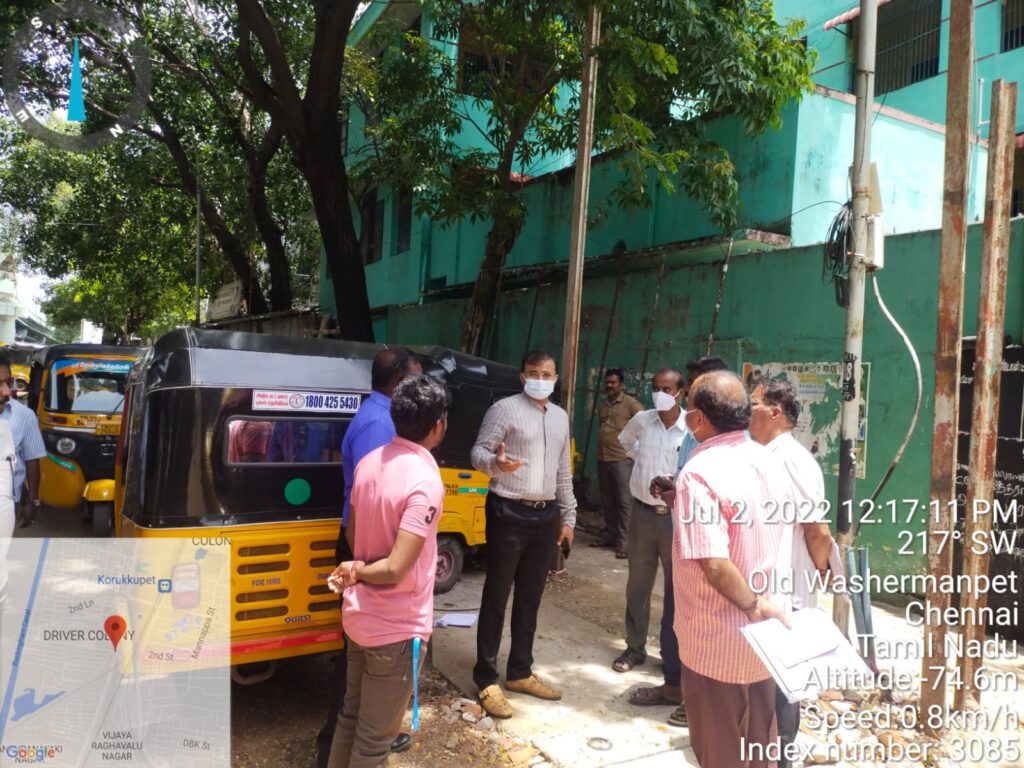
SETTING TARGETS
According to the officer, specific time deadlines have been issued for the completion of the work. They have set daily targets defining the extent that should be covered on a particular day according to the set parameters.
“Mainly for stormwater draining, laying the top slab is the final stage. What length of this top slab is being covered every day is the target that we are monitoring,” Mr. Vinay said.
WORKING CLOSELY WITH OTHER DEPARTMENTS
The IAS officers’ role is to look into several aspects such as – checking that the work is in progress and sufficient barricading is done to prevent any untoward accidents; monitoring the progress in coordination with the zonal officials; having direct interaction with the contractors; and addressing any bottlenecks involving any other department such as the metro, railways, etc.
“For example, my region, Tondiarpet, falls under the division of railway network, which brings the concern that we need to ensure that the drain under the railway network is significantly desilted and kept ready before the monsoon arrives so that the trains can move smoothly without any hindrance,” Mr. Vinay said.
For this, he has to coordinate with the engineering wing of the railways to make sure that rail tracks are desilted, clean, and bushless. He also coordinates with the line department and the police, in case he needs their support during monitoring. Furthermore, he is ensuring that the disposal points where the drained water joins major canals are completely desilted and widened enough, without any debris lying around, for smooth water flow.
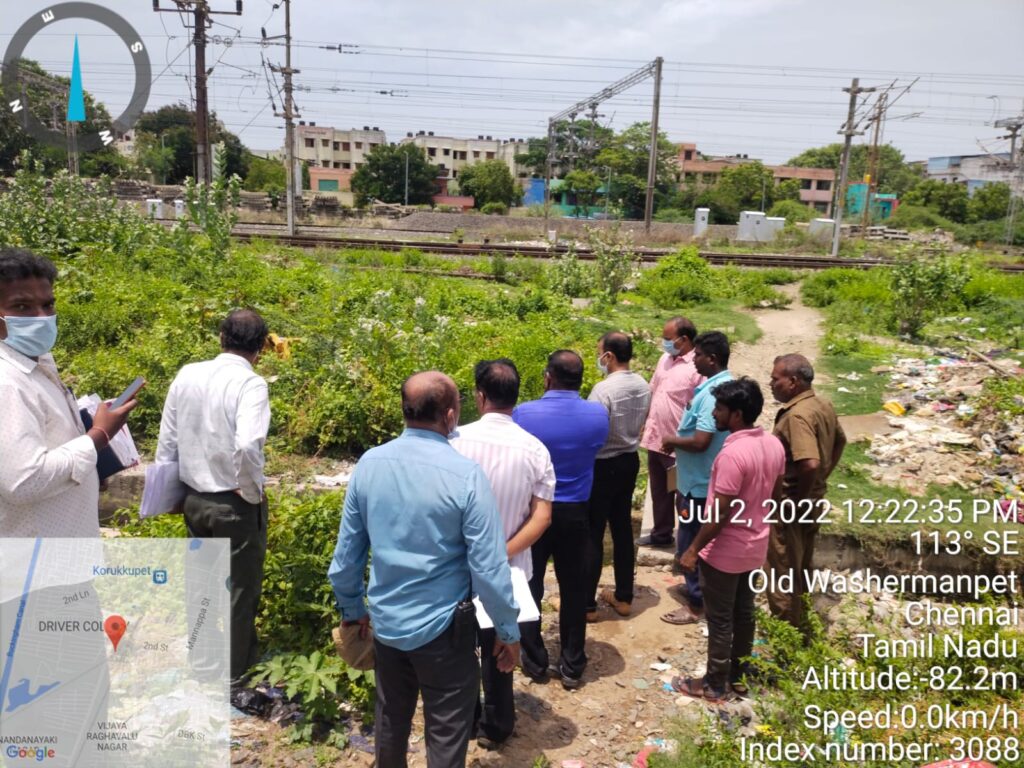
THE CHALLENGES
One major challenge that he faces is the delay of work that happens because of narrow roads. These narrow roads also see heavy footfall because of the large market area, which makes it difficult to get the work done. His team tries their best to continue the work without causing any inconvenience to the public and sellers in the area, resulting in delays in their own work.
Apart from Mr. TG Vinay, who is monitoring the Tondiarpet zone of Chennai, the other officers who have been deputed for inspection are Sravan Kumar Jatavath (Tiruvottiyur), B. Ganesan (Manali), Sandeep Nanduri (Madhavaram), K. Vijayakarthikeyan (Royapuram), Ranjeet Singh (Tiruvika Nagar), S. Suresh Kumar (Ambattur), S. Palanisamy (Anna Nagar), K. Rajamani (Teynampet), M. Vijayalakshmi (Kodambakkam), D. Manikandan (Valvarasvakkam), R. Nanthagopal (Alandur), Nishant Krishna (Adyar), D. Ravichandran (Perungudi) and K. Veera Raghava Rao (Sholinganallur).

